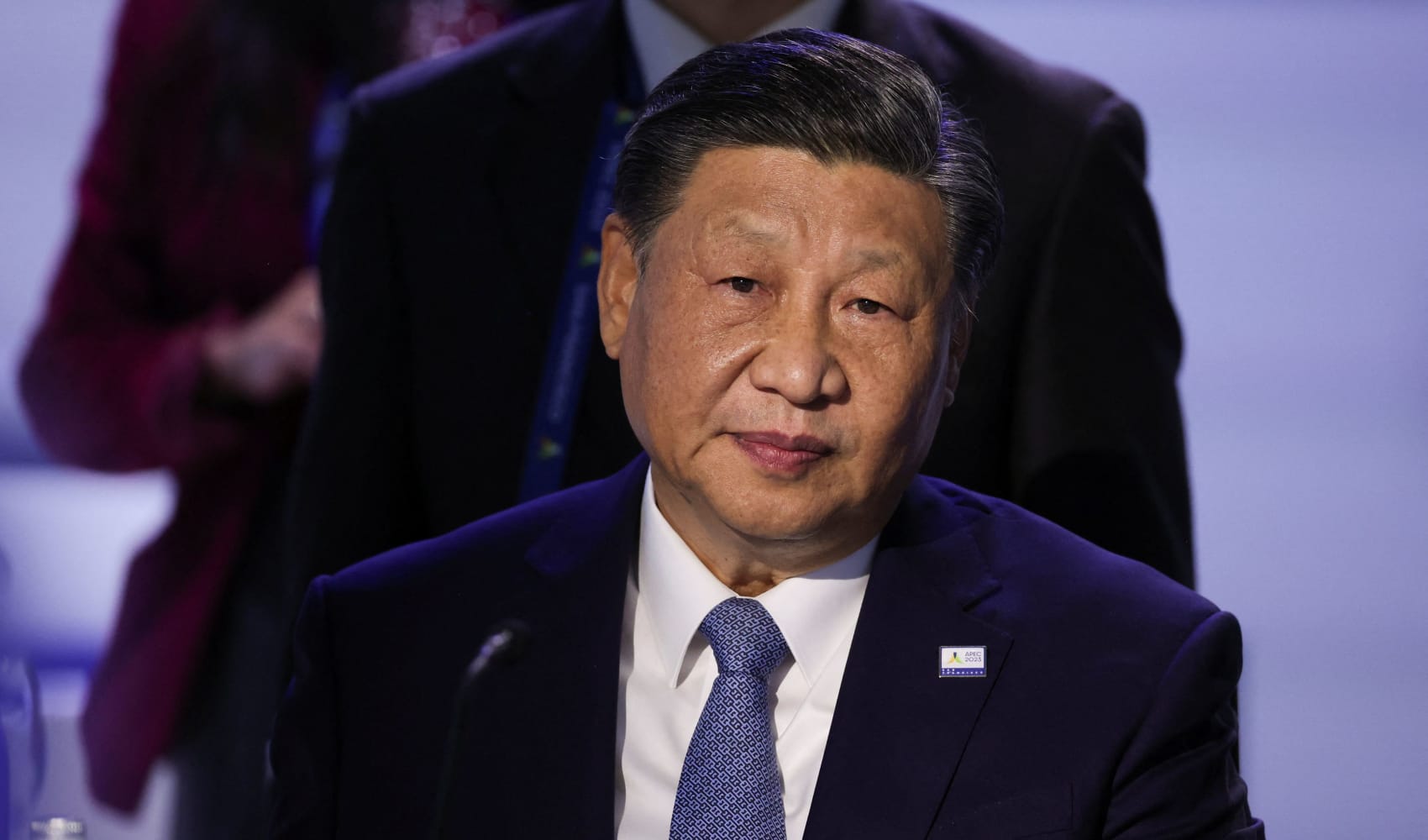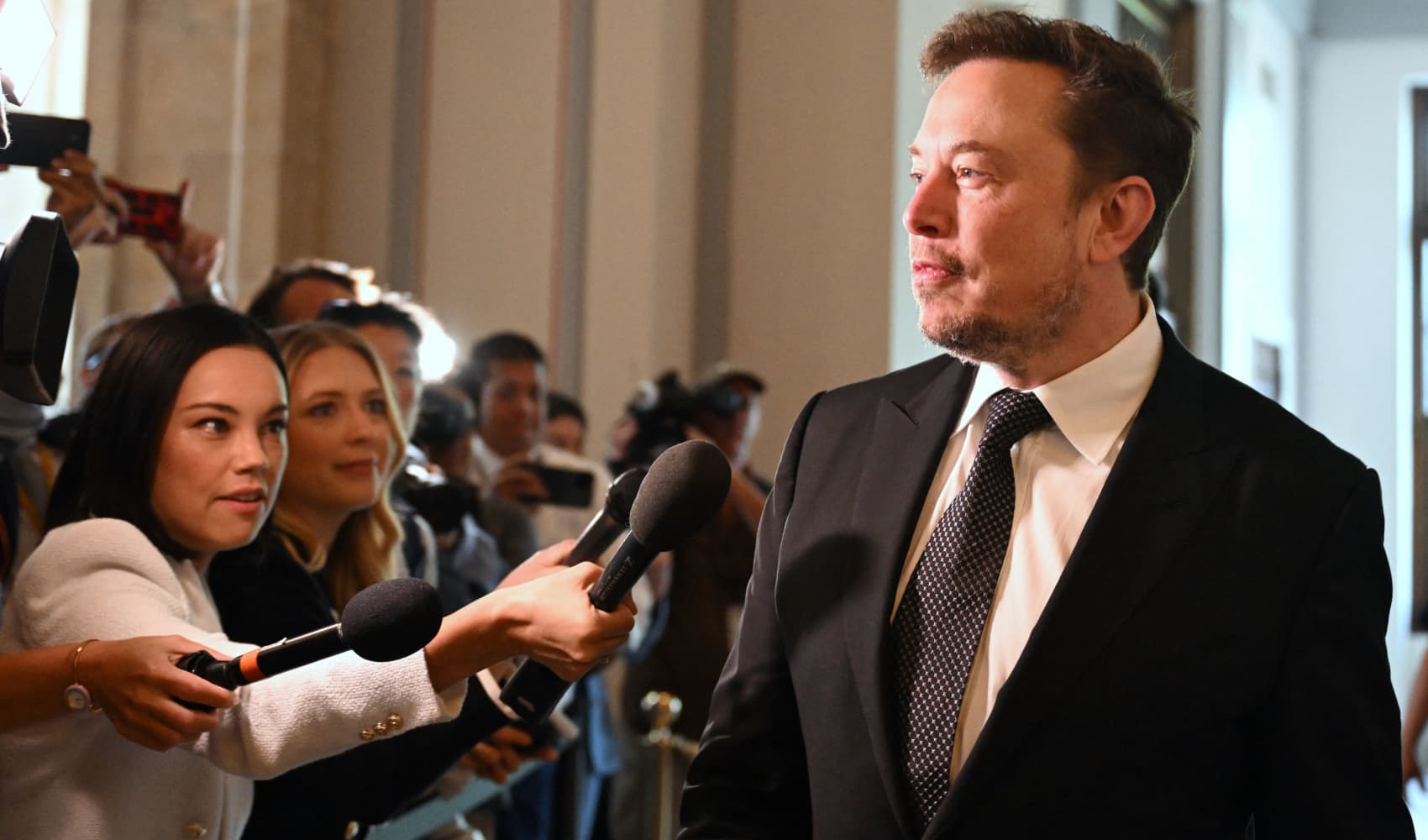
- Budweiser, Google, Walgreens and other companies have launched ad campaigns to encourage consumers to get the vaccine.
- Some of the ads have a similar message: Get the shot, so we can get back to normal.
Several brands are pushing consumers to get the Covid-19 vaccine, with ads touting a similar message: Get the shot, so we can get back to normal.
Budweiser released an ad Wednesday called "Good Times are Coming." It features still photographs of people drinking beer together after a screen reading "Remember this?"
It ends with the language: "Good times are coming. Now we have a shot" as Jimmy Durante's "I'll Be Seeing You" plays.
Get Boston local news, weather forecasts, lifestyle and entertainment stories to your inbox. Sign up for NBC Boston’s newsletters.
Brands have a vested business interest in encouraging consumers to get the vaccine, but these campaigns are also a relatively safe way to use their platforms for the good of society.
"Certainly a lot of companies are very dependent on the economy opening up; they have a very vested interest in trying to get vaccine rates up and trying to resume normal life," said Tim Calkins, a marketing professor at Northwestern University's Kellogg School of Management. "If you're a cruise line or a movie theater or Coca-Cola, you need people to get vaccinated so the economy can open up and business can restart."
Money Report
But encouraging vaccines is also a way to contribute to the common good without arousing too much controversy.
"There's a big focus right now among companies and brands around the idea of having a bigger purpose than just making money," he said. "If you want to be seen as giving back and contributing to society, this is a pretty safe place to go," he said
Calkins said efforts like these aren't likely to sway the most hesitant people.
"But they might sway people who are on the bubble or who are unsure, and I think that's where it really can have an impact," he said.
Google, Walgreens and others weigh in
The Budweiser effort is part of the larger "It's Up to You" platform from the nonprofit Ad Council, which launched one of the largest public education efforts in U.S. history to get people comfortable with taking the vaccine. The Ad Council has released a number of spots, including some featuring former presidents and first ladies and major sports leagues.
Budweiser VP of marketing Monica Rustgi said the spot is made up of old user-generated content of people drinking the beer.
"The light is at the end of the tunnel, finally, so we thought these shared moments around beer are really when it feels like humanity should be a little bit back to normal," she said. "It's so close, and the key to get there is to get educated on the vaccine and making the choice."
Rustgi said the spot, done with agency David, will primarily air on digital platforms, but could expand to TV if the message resonates.
Other major brands like Walgreens and Google have released similar pro-vaccine ads.
Google recently released a spot called "Get back to what you love," which has been viewed more than 6 million times on YouTube. It shows a search box with terms like "quarantine" and "lockdown," then transitions to deleting the "sweat" part of "sweatpants" and changing the "virtual happy hour" to just "happy hour." It ends with someone typing "covid vaccine near me."
Google's spot, which was made in-house by its Google Creative Lab, aired on national TV during the March Madness Final Four games and premiered on YouTube in March.
Walgreens on Sunday launched a campaign called "This is Our Shot" with singer John Legend in what it describes as an effort to "remind Americans that the vaccine is the nation's opportunity to help bring an end to the COVID-19 pandemic."
Other companies are offering incentives or ways to help consumers get their vaccines. Target said this week it will donate $1 million to nonprofits offering free and discounted rides to vaccine appointments through a Lyft program. E-commerce start-up Drop Technologies said it will give consumers credits to restaurants and retailers if they took a selfie while getting the vaccine.
Calkins said the marketing around vaccines will be noticeably slicker than what we've seen so far.
"The pandemic has not been marked by great marketing so far," he said. "We're going from the communication being driven by public health professionals who have smaller budgets and [who] are not immersed in the world of marketing every day, to a very different scenario where different organizations are getting involved and they have big budgets and they know how marketing works."
Once vaccine rates really ramp up, Calkins anticipates another quick shift in advertising.
"It's going to be all about celebration; the resumption of life. There's going to be another big pivot coming up," he said.






